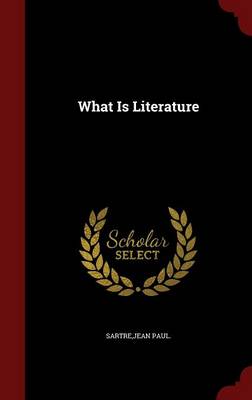Routledge Classics
6 total works
From the Introduction by Mary Warnock
Following on from this assessment, the author examines the likely impact of various revival scenarios on the current global governance of nuclear energy, notably the treaties, international organizations, arrangements and practices designed to ensure that nuclear power is safe, secure and does not contribute to the proliferation of nuclear weapons. The book concludes with recommendations to the international community on how to strengthen global governance in order to manage the nuclear energy revival prudently. This book will be of much interest to students of energy security, global governance, security studies and IR in general.
`I should like to show here that the Ego is neither formally or materially in consciousness: it is outside, in the world.’
Jean-Paul Sartre
The Transcendence of the Ego is one of Jean-Paul Sartre's earliest philosophical publications and essential for understanding the trajectory of his work as a whole. When it first appeared in France in 1937 Sartre was still largely unknown, working as a school teacher in a provincial French town.
Attacking prevailing philosophical theories head on, Sartre offers a brilliant and radical account of the self as a product of consciousness, situated in the world. He introduces many of the themes central to his major work, Being and Nothingness: the nature of consciousness, the problem of self-knowledge, other minds, and anguish.
This translation includes a thorough and illuminating introduction by Sarah Richmond, placing Sartre's essay in its philosophical and historical context.
Jean-Paul Sartre (1905-1980). The foremost French thinker and writer of the early post-war years. His books, which include Being and Nothingness, Nausea, The Age of Reason and No Exit have exerted enormous influence in philosophy, literature, politics and drama.

